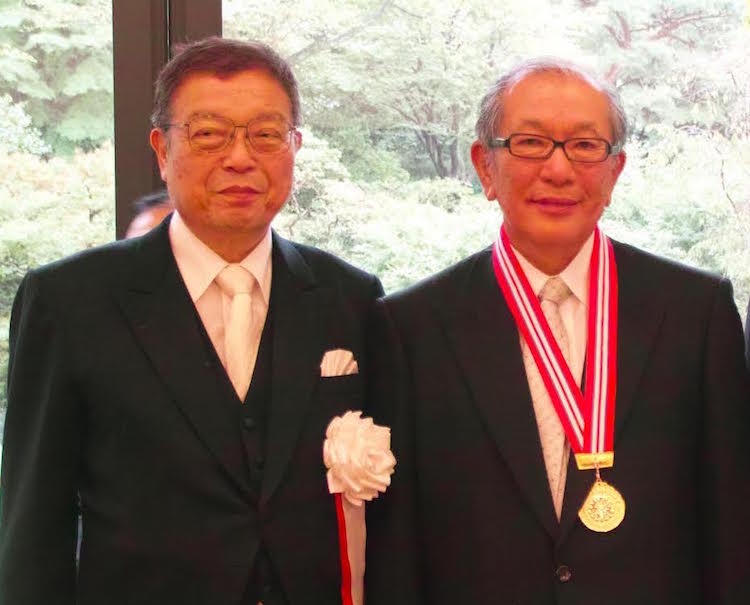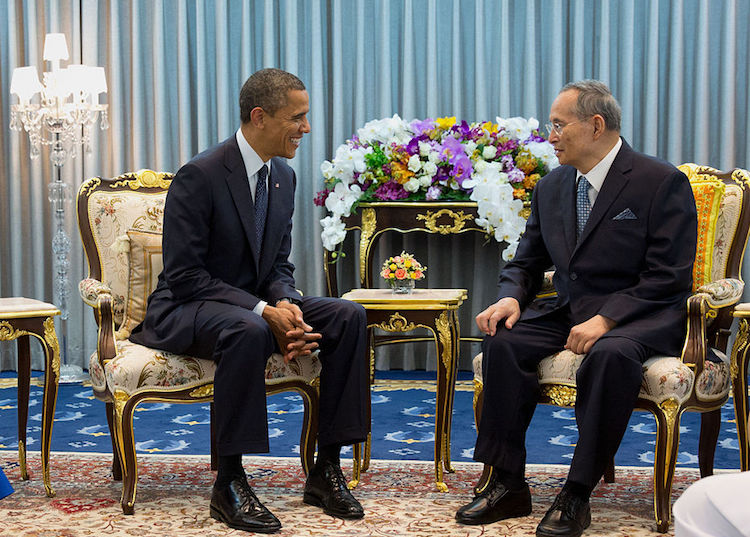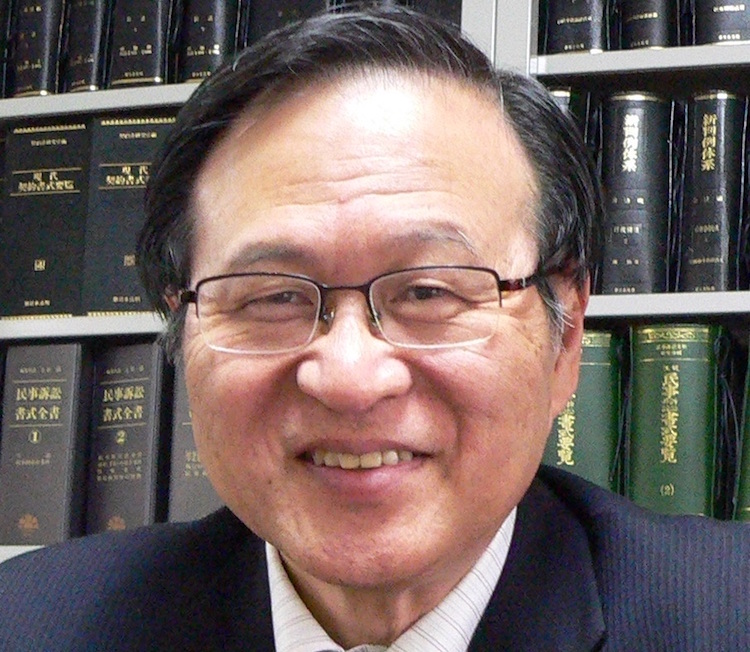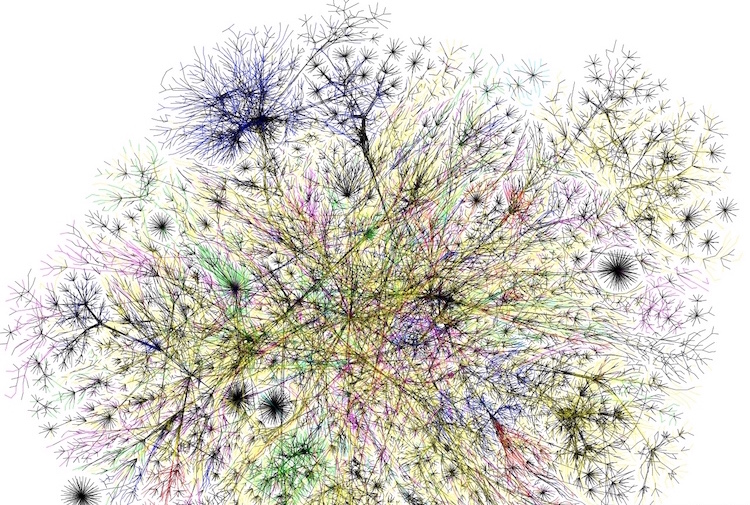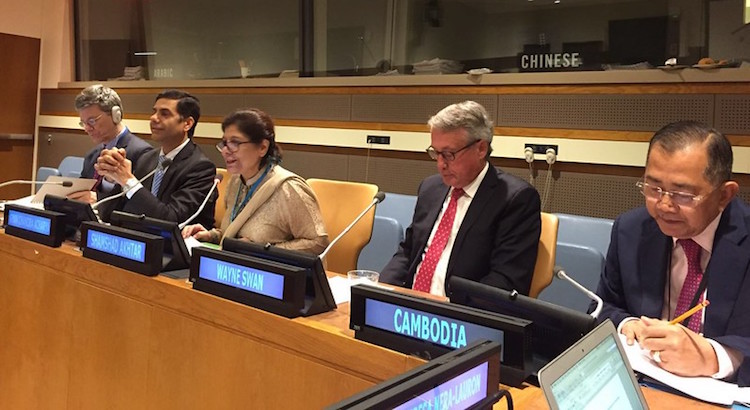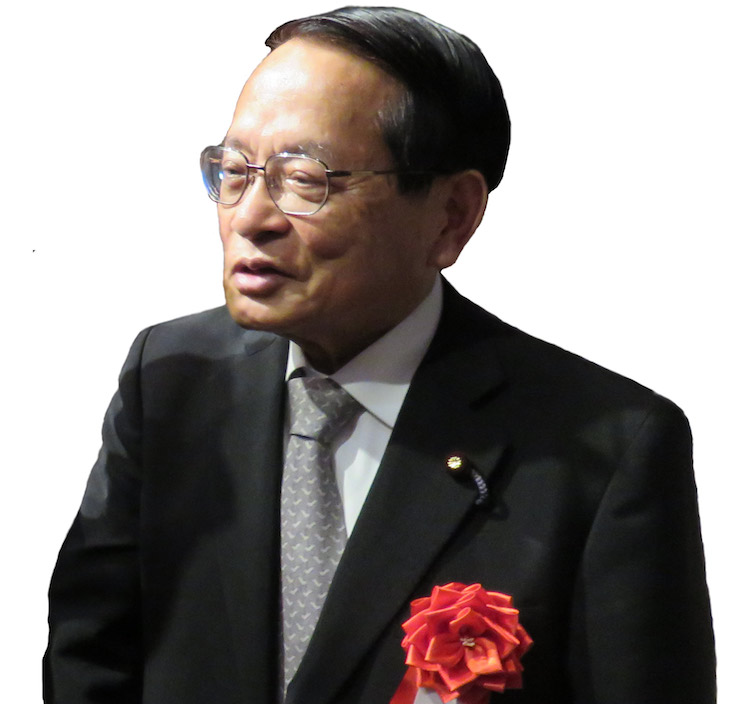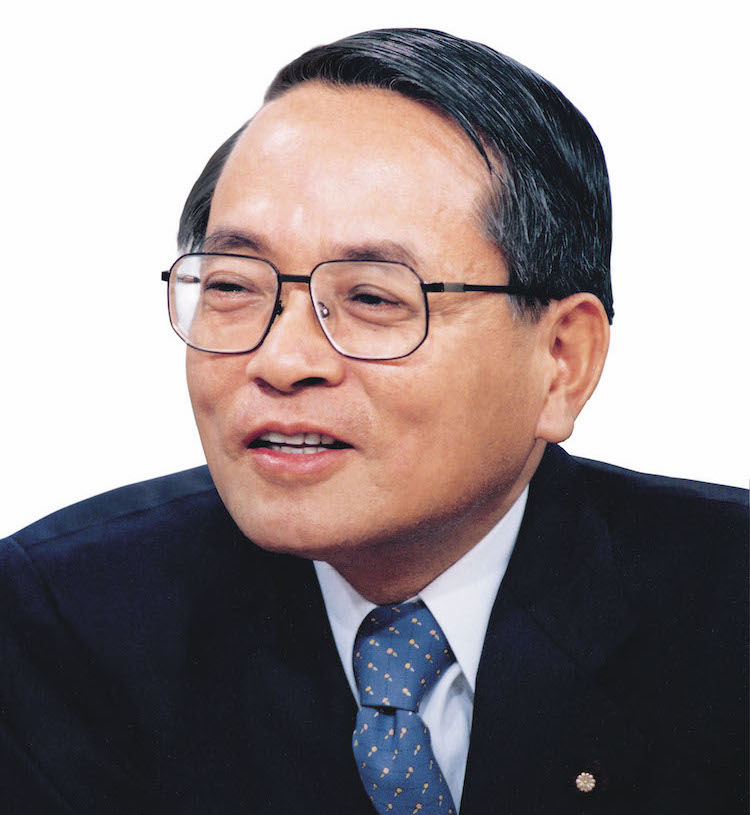By Ramesh Jaura and Katsuhiro Asagiri
BERLIN | TOKYO (IDN) – “My tenure in India was an awakening to me,” says Hideaki Domichi who was Japan’s Ambassador to that huge country with a population of more than 1.2 billion, which is “very poor” but also has “very rich people who are trading globally”.
Having spent some four decades with Japan’s Ministry of Foreign Affairs (MOFA) and as a diplomat in the U.S., Egypt, Iran, Indonesia and India, Mr Domichi is not only immune to any “cultural shocks”, as he said, but also capable of shedding prejudices and willing to open up to new ideas and perceptions.

